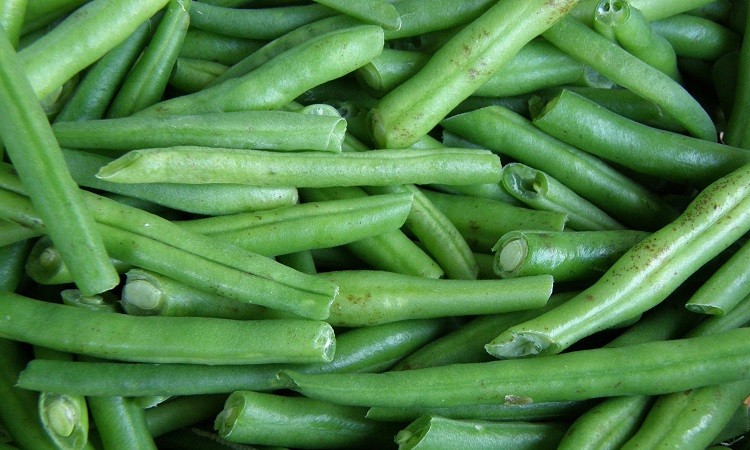
In the world of nutrition, beans often sit quietly on the shelves, overshadowed by flashier fruits and vegetables. However, these humble legumes deserve a spotlight for their incredible array of health benefits. From the common kidney bean to the lesser-known adzuki bean, there are over 130 varieties, each offering a unique blend of nutrients and goodness.
Beans come packed with anti-inflammatory properties and serve as a powerhouse of essential vitamins and minerals including A, C, K, B6, folic acid, calcium, iron, and potassium. Whether you prefer them green, dried, or canned, incorporating beans into your diet can yield numerous advantages for your health and well-being.
1. Rich Source of Vitamins and Minerals
Beans are nutrient-dense, providing a bounty of essential vitamins and minerals vital for bodily functions. From promoting healthy skin and boosting immunity to aiding in bone health and maintaining optimal blood pressure, the diverse nutrient profile in beans caters to multiple aspects of your well-being.
2. Abundant in Fiber
Green beans, in particular, are rich in fiber while being low in calories and fat. This makes them an excellent choice for those aiming to manage their weight or improve digestive health. Fiber supports healthy digestion, regulates blood sugar levels, and keeps you feeling full for longer periods, aiding in weight management.
3. Heart Health Champion
The soluble fiber found abundantly in beans helps in lowering cholesterol levels, thereby reducing the risk of heart disease. Additionally, their potassium content contributes to regulating blood pressure, further promoting cardiovascular health.
4. Blood Sugar Regulation
For individuals managing diabetes or aiming for better blood sugar control, beans offer a slow-release source of carbohydrates. This quality helps prevent rapid spikes in blood sugar levels after meals, making them an ideal choice for maintaining steady energy throughout the day.
5. Plant-Based Protein Powerhouse
As an excellent source of plant-based protein, beans play a pivotal role in vegetarian and vegan diets. They provide essential amino acids necessary for building and repairing tissues, making them an ideal protein source for individuals following a meatless lifestyle.
6. Weight Management Ally
Due to their high fiber and protein content, beans contribute to satiety and can aid in weight management. They keep you feeling fuller for longer, reducing the tendency to overeat and supporting healthy weight loss goals.
7. Gut Health Support
The fiber in beans acts as a prebiotic, promoting the growth of beneficial bacteria in the gut. This supports a healthy gut microbiome, which is essential for optimal digestion, nutrient absorption, and overall immune function.
8. Antioxidant-Rich Properties
Many beans, such as black beans and red kidney beans, are rich in antioxidants that help combat oxidative stress and reduce the risk of chronic diseases like cancer and heart disease.
9. Versatile and Delicious
Beans are incredibly versatile and can be incorporated into various cuisines and dishes. From soups and salads to stews and dips, their adaptability makes it easy to enjoy their health benefits in a wide range of flavorful recipes.
10. Environmentally Friendly
Growing beans requires fewer resources compared to many other protein sources, making them an environmentally friendly choice. Their cultivation has a lower carbon footprint, contributing to sustainable food practices.
Beans are a nutritional powerhouse that offers an array of health benefits. Whether you prefer green beans, lentils, chickpeas, or any other variety, incorporating beans into your diet can significantly contribute to a healthier lifestyle. So, the next time you're at the grocery store, don't forget to grab a few packs of these underrated superheroes of nutrition—beans!